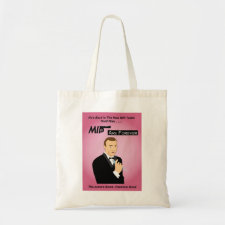
Authors: Awino JK, Zhao Y
Article Title: Imprinted micelles for chiral recognition in water: shape, depth, and number of recognition sites.
Publication date: 2017
Journal: Organic & Biomolecular Chemistry
Volume: 15
Issue: (22)
Page numbers: 4851-4858.
DOI: 10.1039/C7OB00764G
Abstract: Chiral molecular recognition is important to biology, separation, and asymmetric catalysis. Because there is no direct correlation between the chiralities of the host and the guest, it is difficult to design a molecular receptor for a chiral guest in a rational manner. By cross-linking surfactant micelles containing chiral template molecules, we obtained chiral nanoparticle receptors for a number of 4-hydroxyproline derivatives. Molecular imprinting allowed us to transfer the chiral information directly from the guest to host, making the molecular recognition between the two highly predictable. Hydrophobic interactions between the host and the guest contributed strongly to the enantio- and diastereoselective differentiation of these compounds in water, whereas ion-pair interactions, which happened near the surface of the micelle, were less discriminating. The chiral recognition could be modulated by tuning the size and shape of the binding pockets
Template and target information: 4-hydroxyproline derivatives



Join the Society for Molecular Imprinting

New items RSS feed
Sign-up for e-mail updates:
Choose between receiving an occasional newsletter or more frequent e-mail alerts.
Click here to go to the sign-up page.
Is your name elemental or peptidic? Enter your name and find out by clicking either of the buttons below!
Other products you may like:
 MIPdatabase
MIPdatabase









